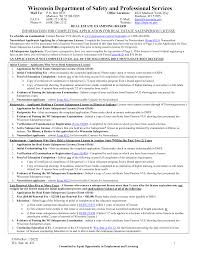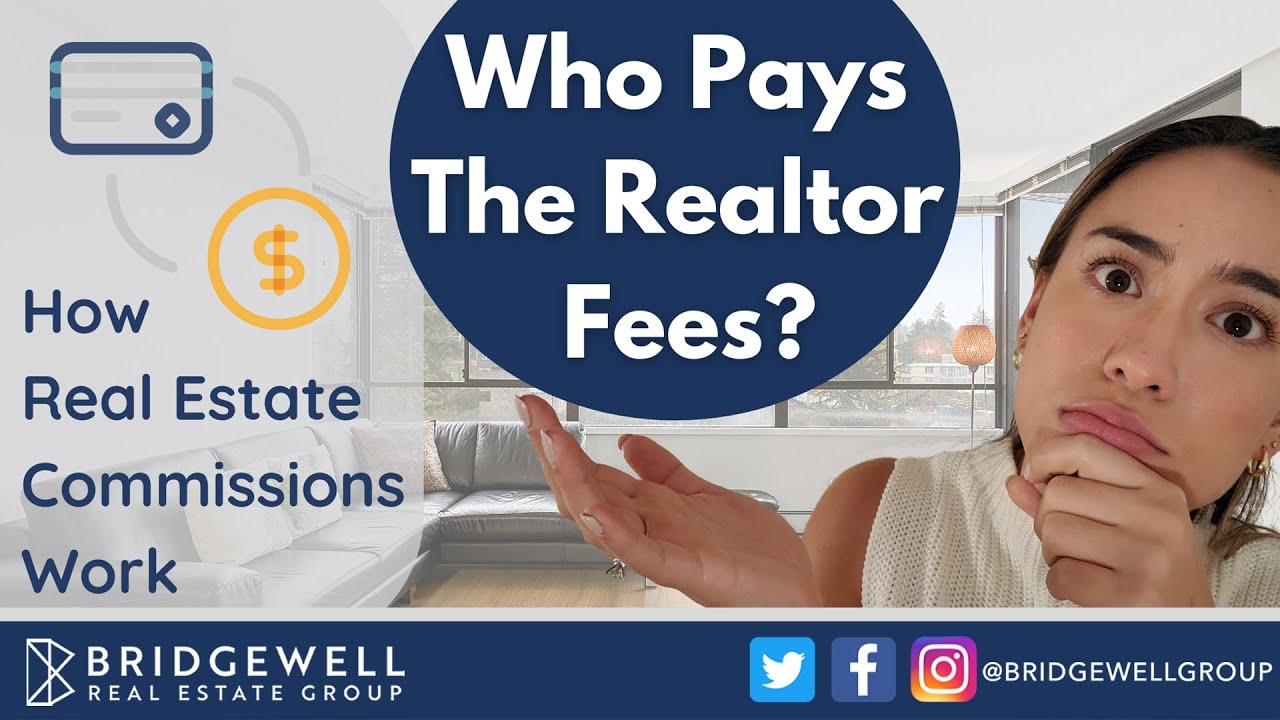
It is important to learn about the company before buying a REIT. You should learn about the company's past and how it compares with other companies. This will help you determine if the company will pay out good dividends. Be aware of the risks involved in buying REITs.
Tip to buy REITs
If you are considering investing in REITs, it is important to consider the quality of the company and its earnings before making a decision. The company's earnings consist of both funds earned through the operation of its properties and cash available for dividends. Be sure to look into the fees involved in the investment. Diversification is another important consideration. Some REITs have a high level of investment in certain types of properties, which can increase the chance of a loss. Diversifying your portfolio and investing in more than one REIT can help reduce risk.
Setting up a brokerage account is one way to invest in REITs. This is a quick and easy way to trade and buy publicly traded REITs. Many of these investments offer high dividends. You can also choose to keep your REIT funds in a tax-favored account. This means that you won't have to pay taxes on any distributions you receive.
Dividends are subjected tax
When buying REITs, investors need to be aware about taxes on dividends. A REIT's dividends may include capital gains, which occur when the company sells a real estate asset. The amount you pay in tax will depend on whether you qualify for tax concessions. If the investor does not qualify for special tax concessions then the dividend will still be subject to the investor's marginal tax rate.

You can save taxes by investing in REITs without close ownership. It is important to avoid REITs with less than a five-year record of paying dividends. Reitually, no more than 50% can hold REITs. Fortunately, the new tax law, the Tax Cuts and Jobs Act, provides a 20% deduction for pass-through income.
Liquidity
Liquidity is an important consideration for REITs. It can help them resist unexpected changes to the asset's value. REITs can also increase their value by distributing a portion of their earnings to their investors. REITs have taken advantage the lower interest rates that were available during the current downturn to increase cash balances as well as improve liquidity. However, REITs should not be treated as a safe investment - volatility is an inherent part of the business.
Additionally, REITs provide liquidity for investors as shares can be bought and sold on the stock exchange. Investors can access liquidity to make necessary changes to their investment strategies, or to access cash. Investors may also find REITs appealing because real estate is an uncorrelated asset class.
Risks associated with REITs
While REITs offer steady income in form of dividends and can be a good investment, they do have risks. This is because REITs are traded just like stocks and can go down in value. REIT stocks can be risky investments. However, they have to compete with other high yield investment options.
Interest rate risk is another important risk. Rising interest rates can lead to higher borrowing costs for REITs which could impact their cash flow. However, these risks can be mitigated by the fact that REITs tend to have solid balance sheets. Managers in these companies work hard to keep a healthy level leverage. Investors must pay attention.

When to Buy
It is important to assess your financial situation before you make a decision to invest in REITs. It is also important to understand how REITs affect your tax situation. They may not be the best option for investors looking to maximize their tax benefits, as they generate a lot of their value via dividend income.
Right now, the uncertainty surrounding the expiration of master leases is a major issue for REITs. Investors are often driven to sell due to this uncertainty. Because of this uncertainty, investors have seen their fundamentals suffer. Despite this uncertainty, most investors neglect to consider the fact that short term issues have minimal impact on long-term prospects.
FAQ
How many times can my mortgage be refinanced?
This depends on whether you are refinancing with another lender or using a mortgage broker. You can typically refinance once every five year in either case.
How do I eliminate termites and other pests?
Termites and other pests will eat away at your home over time. They can cause serious damage to wood structures like decks or furniture. A professional pest control company should be hired to inspect your house regularly to prevent this.
Should I use a broker to help me with my mortgage?
A mortgage broker is a good choice if you're looking for a low rate. Brokers are able to work with multiple lenders and help you negotiate the best rate. Some brokers receive a commission from lenders. Before signing up, you should verify all fees associated with the broker.
Statistics
- 10 years ago, homeownership was nearly 70%. (fortunebuilders.com)
- Private mortgage insurance may be required for conventional loans when the borrower puts less than 20% down.4 FHA loans are mortgage loans issued by private lenders and backed by the federal government. (investopedia.com)
- Based on your credit scores and other financial details, your lender offers you a 3.5% interest rate on loan. (investopedia.com)
- This means that all of your housing-related expenses each month do not exceed 43% of your monthly income. (fortunebuilders.com)
- It's possible to get approved for an FHA loan with a credit score as low as 580 and a down payment of 3.5% or a credit score as low as 500 and a 10% down payment.5 Specialty mortgage loans are loans that don't fit into the conventional or FHA loan categories. (investopedia.com)
External Links
How To
How to Purchase a Mobile Home
Mobile homes can be described as houses on wheels that are towed behind one or several vehicles. They were first used by soldiers after they lost their homes during World War II. Today, mobile homes are also used by people who want to live out of town. Mobile homes come in many styles and sizes. Some houses are small while others can hold multiple families. There are some even made just for pets.
There are two main types mobile homes. The first type is produced in factories and assembled by workers piece by piece. This occurs before delivery to customers. A second option is to build your own mobile house. You'll need to decide what size you want and whether it should include electricity, plumbing, or a kitchen stove. Then, you'll need to ensure that you have all the materials needed to construct the house. To build your new home, you will need permits.
These are the three main things you need to consider when buying a mobile-home. A larger model with more floor space is better for those who don't have garage access. Second, if you're planning to move into your house immediately, you might want to consider a model with a larger living area. You should also inspect the trailer. It could lead to problems in the future if any of the frames is damaged.
You should determine how much money you are willing to spend before you buy a mobile home. It's important to compare prices among various manufacturers and models. Also, look at the condition of the trailers themselves. Although many dealerships offer financing options, interest rates will vary depending on the lender.
A mobile home can be rented instead of purchased. Renting allows the freedom to test drive one model before you commit. However, renting isn't cheap. Renters generally pay $300 per calendar month.